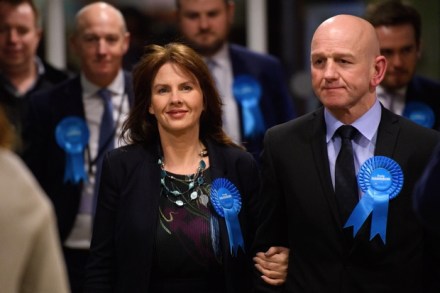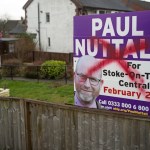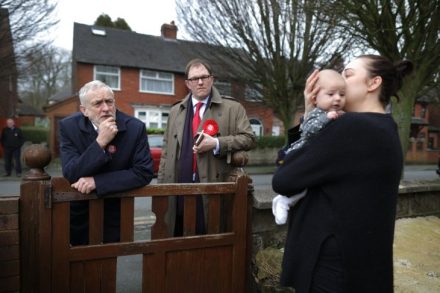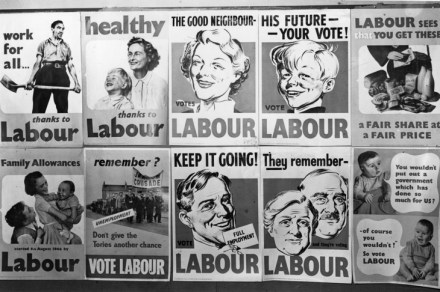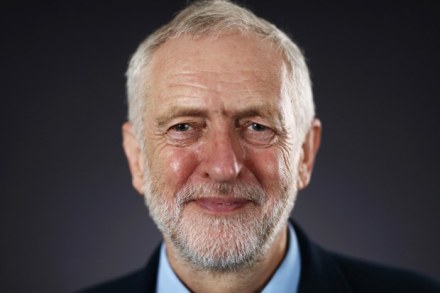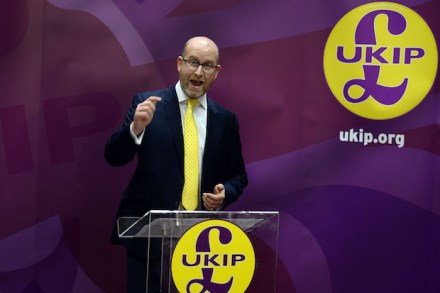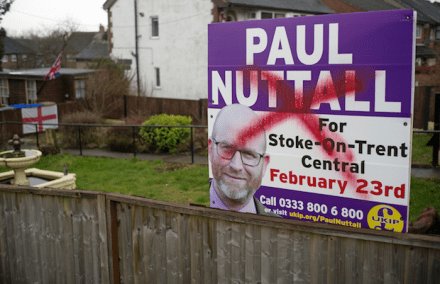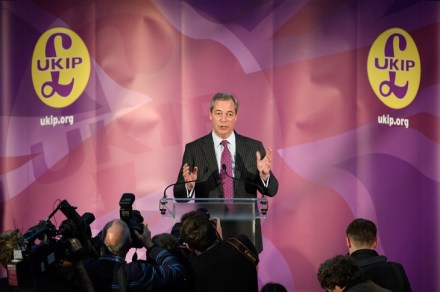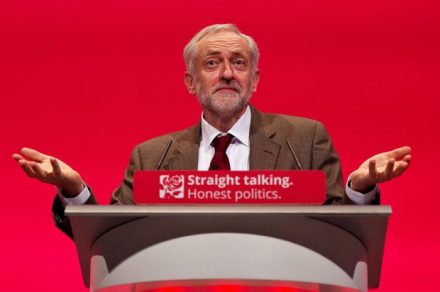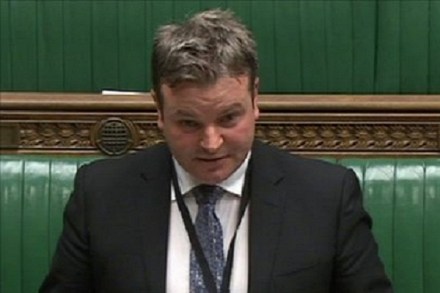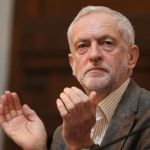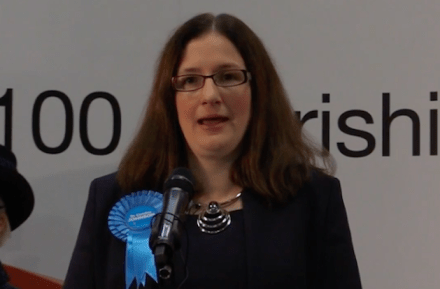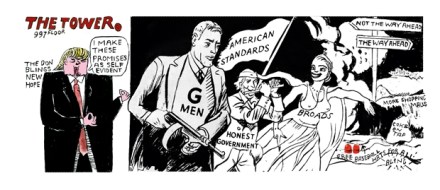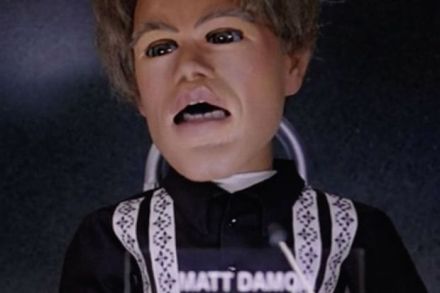I was right! Brexit has killed off Ukip
It is hugely important, if you are someone as insecure as myself, to say ‘I told you so’ whenever the opportunity arises. So, on 28th January this year I wrote a piece about the Stoke and Copeland by-elections and took a bit of stick on here for its thesis. This was the crucial bit: ‘And Copeland and Stoke-on-Trent Central? Nuttall has risked all by standing in the latter, where his party came second last time. If he doesn’t win, that may well be it for them. The Lib Dems will continue their revival in both seats, but win neither. My guess is that with a decent candidate, a quiescent Ukip and
